![]()
![]()
![]()
Use LEFT and RIGHT arrow keys to navigate between flashcards;
Use UP and DOWN arrow keys to flip the card;
H to show hint;
A reads text to speech;
34 Cards in this Set
- Front
- Back
|
Absolute Monarch
|
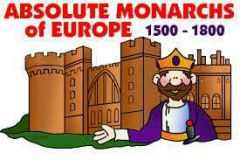
ruler with complete authority over the government and lives of the people he or she governs.
|
|
|
Armada
|
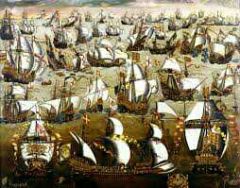
fleet of ships
|
|
|
Cabinet
|
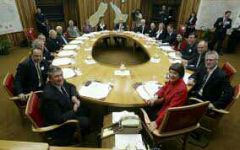
parliamentary advisors to the king who originally met in a small room.
|
|
|
Edict of Nantes
|
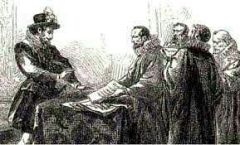
law issued by French king Henry IV in 1598 giving more religious freedom to French Protestants.
|
|
|
English Bill of Rights
|
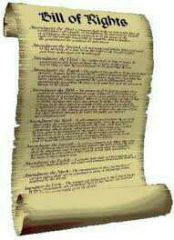
series of acts passed by the English Parliament in 1789 that limited the rights of the monarchy and ensures the superiority of the Parliament.
|
|
|
Balance of power
|
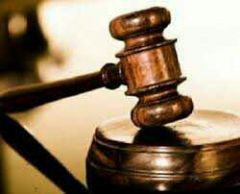
distribution of military and economic paper that prevents any one nation from becoming too strong.
|
|
|
Dissenters
|
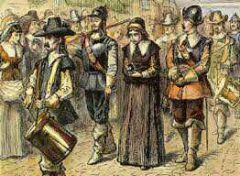
Protestant whose viewed and opinions differed from those of the Church of England.
|
|
|
Habeas Corpus
|
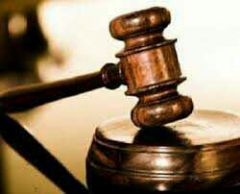
principle that a person cannot be held in prison without first being charged with a specific crime.
|
|
|
Intendant
|
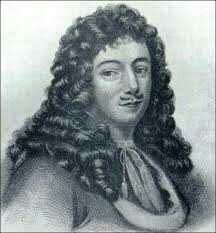
official appointed by the french king Loud XIV to govern the provinces, collect taxes, and recruit soldiers.
|
|
|
Huguenots
|
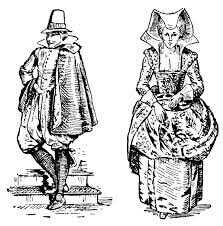
French Protestants of the 1500s and 1600s.
|
|
|
Divine right
|
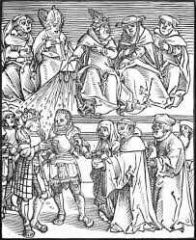
belief that a ruler's authority comes directly from God.
|
|
|
Limited monarchy
|
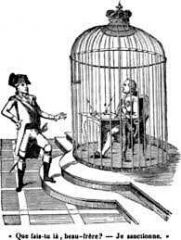
government in which a constitution or legislative body limits the monarch's powers.
|
|
|
Puritans
|
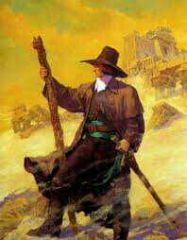
the members of an English protestant group who wanted to "purify" the church of England by making it more simple and more morally strict.
|
|
|
Versailles
|
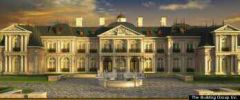
royal french residence and seat of government established by King Louis XIV.
|
|
|
Cardinal Richelieu
|
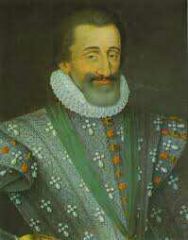
He was appointed by Louis XIII in 1624 as his chief minister.
|
|
|
Henry IV
|
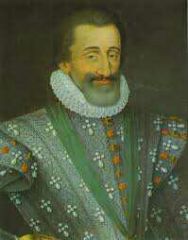
a Huguenot prince that inherited the throne in 1589.
|
|
|
Louis XIV
|
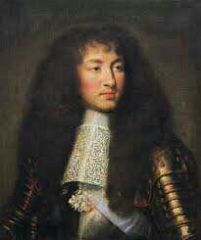
a five year old who inherited the throne in 1643 but soon after he became a king, disorder again swept France.
|
|
|
Jean-Baptiste Colbert
|
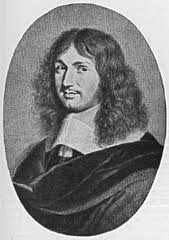
King Louis's finance minster and he imported merchantilist policies to bolster the economy.
|
|
|
James I
|
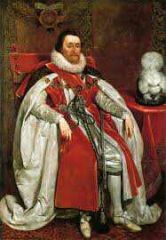
the first Stuart monarch who agreed to rule according to English laws and customs.
|
|
|
Charles I
|
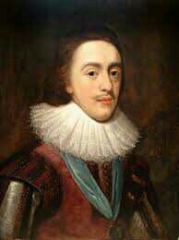
He inherited the throne in 1625 and behaved like an absolute monarch.
|
|
|
Long Parliament
|
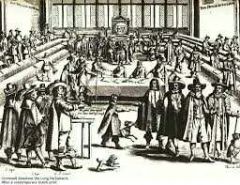
the 1640 parliament that lasted on and off until 1653.
|
|
|
Oliver Cromwell
|
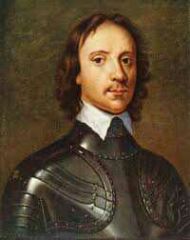
a puritan member of the lesser gentry and proved himself to be a skilled general.
|
|
|
Charles II
|
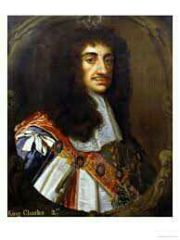
He was a young popular ruler who reestablished the church of England but encouraged toleration of the protestants such as Presbyterians, quakers, and baptists.
|
|
|
James II
|
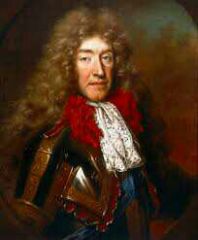
He was the brother of Charles II who inherited the throne in 1685, unlike his brother, he practiced his catholic faith openly.
|
|
|
William and Mary
|
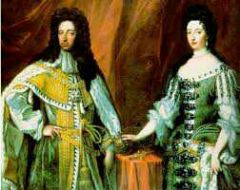
They were invited by parliamentary leaders to become rulers of England.
|
|
|
Glorious Revolution
|
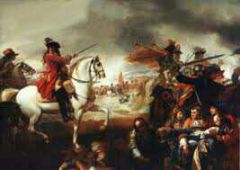
it created not a democracy, but a type of government called limited monarchy. English rulers still had much power, but they had to obey the law and govern in partnership with parliament.
|
|
|
Commonwealth
|
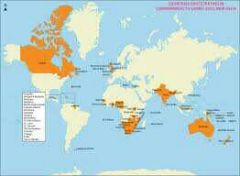
the house of Commons abolished the monarchy by the house if lords, and established the chruch if England. this declared England a republic.
|
|
|
Fredrick the Great
|
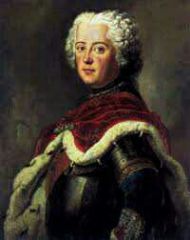
He was was the third Hohenzollern king, reigning over the Kingdom of Prussia from 1740 until 1786.
|
|
|
Catherine the Great
|
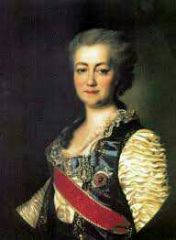
She was a German princess by birth. and came to Russia at the age of 15 to wed the heir to the Russian throne.
|
|
|
Peter the Great
|
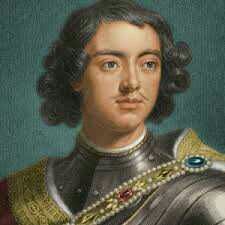
He was only 10 years old when he took the throne in 1682 but did not take control of the government until 1689.
|
|
|
Prime Minister
|
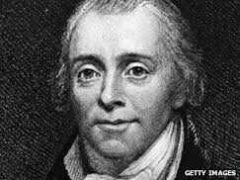
the head of an elected government; the principal minister of a sovereign or state.
|
|
|
Constitutional Monarchy
|
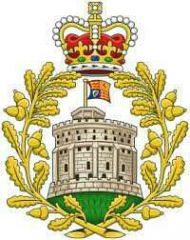
a form of government in which a king or queen acts as Head of State.
|
|
|
English Civil War
|
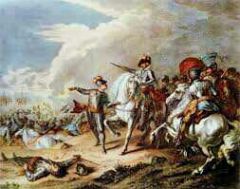
It was a series of armed conflicts and political machinations between Parliamentarians and Royalists in the Kingdom of England over, principally, the manner of its government.
|
|
|
Restoration
|
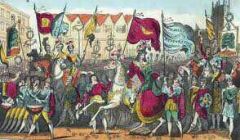
The term is often used to refer to the entire period from 1660 to the fall of James II in 1688, and inEnglish literature the Restorationperiod is commonly viewed as extending from 1660 to the death of John Dryden in 1700. |

